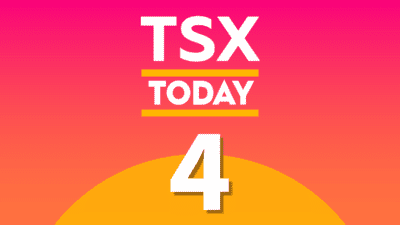The Canada housing market set stunning records in the month of March. This development saw the market make headlines around the world. In June, the average price of a resale home was $679,000. That was up 25% year over year. However, sales and price figures were down from their high in March. This has sparked discussions over whether the market has already peaked.
Today, I want to go over three predictions I have for the Canada housing market this decade.
The friendly credit climate is here to stay for Canada housing
This week, the Bank of Canada (BoC) kept its benchmark interest rate at 0.25%. The central bank lauded the improvement in vaccination rates but reiterated that the economy was still fragile. We have seen similar behaviour from the Federal Reserve in the United States and from the European Central Bank. The extremely friendly credit environment, which includes historically low interest rates and free flowing stimulus, is here to stay for the 2020s. Investors who were struggling with this “new normal” in the 2010s need to come to terms with it after the pandemic.
The friendly credit environment is good news for the Canada housing market and for housing-linked stocks like Home Capital (TSX:HCG). Shares of Home Capital have climbed 21% in 2021 as of close on July 15. The stock has surged 86% from the prior year. Single-family mortgage originations grew to $1.33 billion in the first quarter of 2021 compared to $1.05 billion in Q1 2020. Meanwhile, adjusted net income per share soared 125% year over year to $1.26. Alternative lenders like Home Capital have feasted on friendly credit conditions during the COVID-19 pandemic. If this climate persists, this is a stock well worth watching.
Any government action to cool the market will be cautious
In the spring, there were calls for the federal government to act, as the Canada housing market continued its red-hot run. The federal government balked at the prospect, urging caution, as the economy was still shaky in the face of the COVID-19 pandemic. Investors should not bet on this cautious approach changing in the months and years ahead.
The political class will offer alternative solutions that are unlikely to have a major impact on the broader market. Justin Trudeau and his ruling Liberals are already floating more funding for public housing. This topic will likely be front and centre, as it looks more likely that a snap election will be called.
Back in March, I’d discussed why government intervention was one of the only things that could significantly cool the Canada housing market. At the same time, I’d predicted that no big action was forthcoming. There is no party that will dare to shake a central pillar in the Canadian economy going forward.
Canada housing: Immigration will continue to fuel demand
Canada aims to accept more than 400,000 newcomers in 2022. Ottawa aims to boost immigration targets well into the 2020s. Most of these newcomers will flock to Canada’s major metropolitan areas. This has been a key driver for demand in recent years. Increased immigration will underpin demand in Canada housing for years to come.
Bridgemarq Real Estate is a top provider of services to real estate brokers and agents across Canada. Royal LePage, a top real estate franchiser, released its House Price Survey in April. It forecast that the return to pre-pandemic immigration levels would have a positive impact on home price growth going forward.







